Audits With Deficiencies Increased in 2021, According to New PCAOB Staff Report
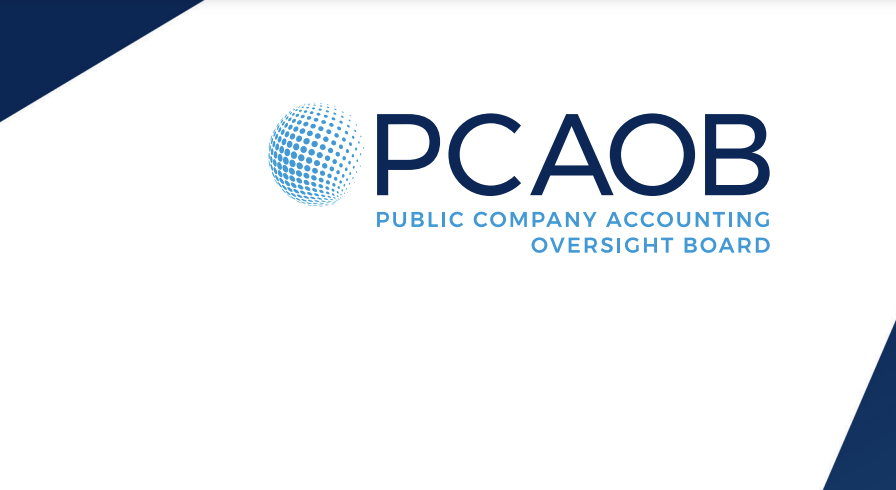
December 8, 2022
A new Public Company Accounting Oversight Board (“PCAOB”) staff report published this month, found on the Staff Publications page on the PCAOB website, shows a year-over-year increase in the number of audits with deficiencies at audit firms inspected by the PCAOB in 2021.
The report titled “Staff Update and Preview of 2021 Inspection Observations” presents aggregate observations from the PCAOB’s inspections of 141 annually and triennially inspected audit firms in 2021.
According to the report, PCAOB staff expects approximately 33% of the audits reviewed will have one or more deficiencies that will be discussed in Part I.A of the individual audit firm’s inspection reports, up from 29% in 2020. Read More
Foreign Issuer Going Public Registration Statements and SEC Filings

The Securities and Exchange Commission (“SEC”) requires various forms of SEC registration statements covering the offer and sale of securities for both public and private companies. The eligibility and requirements of each SEC registration statement vary depending on the characteristics of the issuer and the securities offering. The requirements vary for US issuers and non-US companies.
Non-US companies may seek to file a US registration statement to go public and access the US public capital markets to raise capital in the US, use its securities as a currency for mergers and acquisitions or to list on a national securities exchange like NASDAQ or the NYSE.
Foreign issuers going public in the U.S. who qualify as Foreign Private Issuers can avail themselves of certain benefits, including less detailed disclosure and reporting requirements. When going public, a Foreign Issuer can offer and sell the same types of securities that a U.S. Issuer can offer and sell. Read More
Class Action Lawsuit filed against Tom Brady, Stephen Curry and other Athletes and Celebrities that Promoted FTX
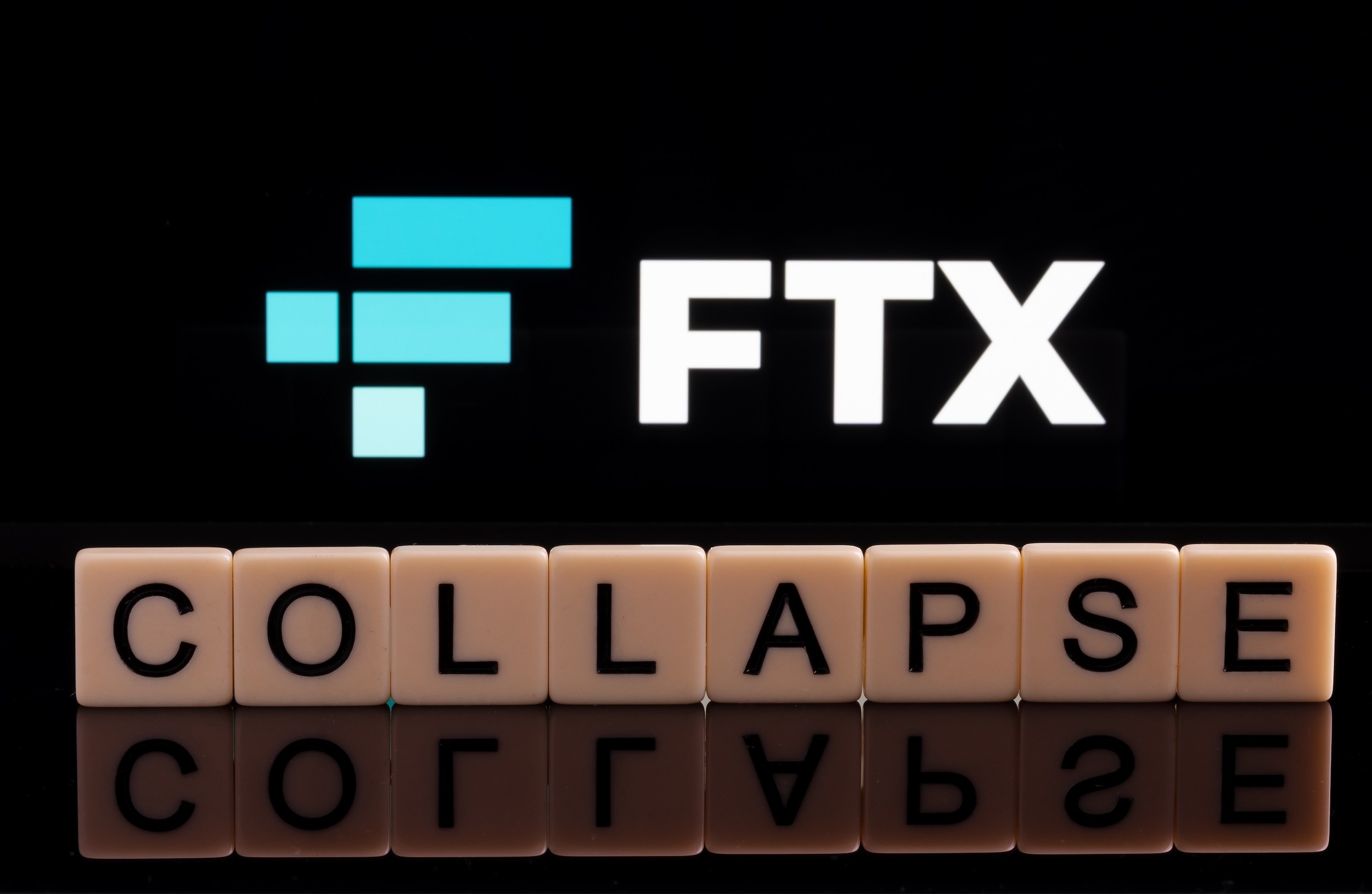
By now, most people have heard about the epic collapse of FTX. The crypto exchange founded by Sam Bankman-Fried (“SBF”) was once the 3rd largest crypto exchange, with an estimated valuation of $32 billion, and is now in Bankruptcy, facing a flurry of allegations of illegal activities and misappropriation of customer funds.
It all began on November 2nd when Coindesk reported that a leaked balance sheet showed that Alameda Research (SBF’s trading firm for FTX) was full of FTX – specifically, the FTT token issued by the exchange, meaning SBF’s trading giant Alameda rested on a foundation primarily made up of a coin that its sister company invented, not an independent asset like a fiat currency or another crypto. Further, it showed that Alameda held far more of the tokens than traded on the market, suggesting its stake would be hard to liquidate at current prices.
Then, on November 6th, Binance CEO Changpeng “CZ” Zhao said his company, the largest crypto exchange, planned to sell its FTT holdings, which dated back to an early investment by Binance in FTX. Read More
What are the SEC Periodic Reporting Requirements? Form 10-K, Form 10-Q and Form 8-K Reports

Once the staff of the Securities and Exchange Commission (“SEC”) declares a company’s registration statement on Form S-1 effective under the Securities Act of 1933, as amended (the “1933 Act”), the company may offer and sell the registered securities covered by the Form S-1.
Once the registration statement is effective, the company becomes subject to the SEC’s periodic reporting requirements. Companies can also become subject to the SEC’s periodic reporting requirements by filing a Form 10 Registration Statement. The SEC reporting requirements mandate that the company file annual reports on Form 10-K, quarterly reports on Form 10-Q and current reports on Form 8-K on an ongoing basis. The company’s management must certify financial and certain other information contained in these periodic filings and reports. Read More
Nasdaq puts the brakes on IPOs of at least 4 small Chinese companies while it probes suspicious market activity

According to various internet reports, Nasdaq Inc has halted the initial public offerings (IPOs) of at least four small Chinese companies while it investigates short-lived stock rallies of other recent Chinese IPOs after going public.
Several small Chinese companies that raised small amounts, typically $50 million or less, in their IPOs, saw their stock prices rise 2,000% – 32,000% in their debuts, only to crash in the days that followed, harming investors who chased the stocks at its higher prices.
This penny stock-style pump-and-dump action allegedly has NASDAQ officials concerned about manipulative trading, and until the causes of the price action can be determined, similar Chinese IPOs are on hold. Read More
Five Russians and Two Oil Traders Charged in Global Sanctions Evasion and Money Laundering Scheme

A 12-count indictment was unsealed on October 19, 2022, in federal court in Brooklyn, New York, charging five Russian nationals, Yury Orekhov, Artem Uss, Svetlana Kuzurgasheva, also known as “Lana Neumann,” Timofey Telegin and Sergey Tulyakov with various charges related to a global procurement, smuggling and money laundering network.
Also charged were Juan Fernando Serrano Ponce, also known as “Juanfe Serrano” and Juan Carlos Soto, who brokered illicit oil deals for Petroleos de Venezuela S.A. (PDVSA), the Venezuelan state-owned oil company, as part of the scheme.
On October 17, 2022, Orekhov was arrested in Germany and Uss was arrested in Italy, both at the request of the United States, and will undergo extradition proceedings.
According to the Indictment, the Defendants obtained military technology from U.S. Companies, smuggled millions of barrels of oil and laundered tens of millions of dollars for Russian Oligarchs, Sanctioned Entities and the world’s largest energy conglomerate based in Beijing, People’s Republic of China. Read More
OTC Markets Group Reflects on Amended Rule 15c2-11
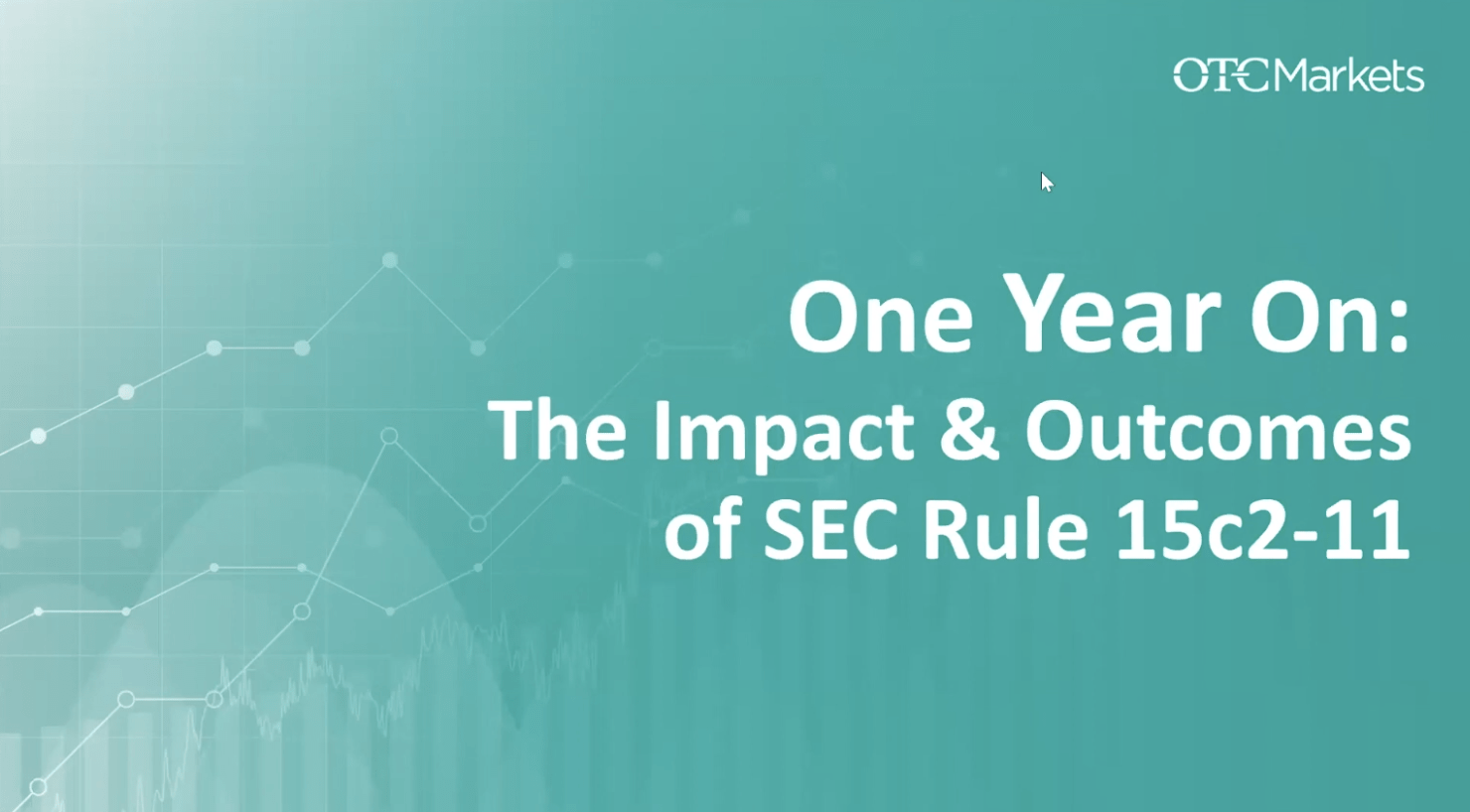
The last week of September marked the one-year anniversary of the compliance date for the Securities and Exchange Commission (“SEC”) amendments to Securities and Exchange Act Rule 15c2-11, which regulates the quotation of over-the-counter securities. As we shall see, OTC Markets Group, whose issuer-clients are directly affected by the amended rule, decided to commemorate the occasion with a webinar called “One Year On: The Impact & Outcomes of SEC Rule 15c2-11.”
An overhaul was long overdue; the rule had last been altered in 1991, more than 30 years ago. Since then, the ways in which most people manage their investments have changed enormously. Now they can do research on the internet, and buy and sell through online brokers, many of whom will charge them charge them no SECs or fees. They can communicate with their fellow investors on a large number of social media forums. All of that made the need for amended Rule 15c2-11 urgent.
Amended SEC Rule 15c2-11 took quite a while to make it to prime time. First, a concept release titled “Publication or Submission of Quotations Without Specified Information” was published by the SEC on September 25, 2019. Concept releases are relatively rare—none has appeared since the one under discussion here—and their purpose is to “solicit the public’s views on securities issues so that we can better evaluate the need for future rulemaking.” The SEC got what it wanted: though the deadline for comment was December 30, 2019, members of the public, market participants, and even politicians continued to send letters until July 26, 2022. Read More
Justice Department Awards Nearly $100 Million to Help Reduce Recidivism and Support Successful Reentry to Communities

On Wednesday, October 5th, the Department of Justice announced awards totaling almost $100 million to reduce recidivism and support adults and youths in successfully returning to their communities after a period of confinement. Read More
IPO v Direct Listing Go Public Direct

IPO v Direct Listing Go Public Direct FAQ
Q: How is going public with a direct listing to the NASDAQ Capital Market different than the traditional IPO listing to NASDAQ Capital Market?
A: Both direct listings and Initial Public Offerings or IPOs result in a privately held company becoming publicly traded on a stock exchange. Read More
Rule 506(b) and Rule 506(c) Private Placements under Regulation D

The SEC’s Office of Investor Education and Advocacy recently issued an Investor Bulletin to educate investors about investing in unregistered securities offerings, sometimes called private placements, under Regulation D of the Securities Act. Rule 506(b) and Rule 506(c) are the most commonly used exemptions from SEC registration. Read More
SEC Charges Neil B. Swartz and Timothy S. Hart

On September 9, 2022, the Securities and Exchange Commission (the “SEC”) announced charges against TBG Holdings Corporation (“TBG”), its principals Neil B. Swartz and Timothy S. Hart, and sales agents Ted L. Romeo, Vincent J. Caputo, and Frank S. Dickerson alleging registration violations for unlawfully selling shares of health management company MediXall Group, Inc. (“MediXall”) to investors.
The SEC’s complaints, filed in U.S. District Court for the Southern District of Florida, allege that, from 2018 through March 2020, TBG and its principals, Swartz and Hart, hired and directed a group of unregistered sales agents to solicit investors to purchase shares of MediXall, a microcap company. According to the complaints, TBG and sales agents Romeo, Caputo, and Dickerson advised investors on the merits of the investments, described the offer to purchase the shares as time-sensitive, provided investors with promotional materials, and raised approximately $3 million by selling MediXall stock to more than 200 investors. As alleged, TBG, Hart and Swartz tracked the sales agents’ investor solicitations, and paid over $500,000 in commissions to the sales agents for their sales of MediXall stock, even though they were not registered as broker-dealers or associated with registered broker-dealers. Read More
Securities and Exchange Commission v. Manhattan Transfer Registrar Company and John C. Ahearn

On September 20, 2022, the Securities and Exchange Commission (the “SEC”) charged recidivists Manhattan Transfer Registrar Company (“Manhattan Transfer”), a registered transfer agent based in Port Jefferson, New York, and its former principal, John C. Ahearn, a resident of Erie, Colorado, for violations of a Commission order issued against them on May 17, 2018 (“Commission Order”). Read More
Stock Manipulation, Bed Bath & Beyond as a Meme Stock, and Ryan Cohen

On Friday, September 2, the man who lived on the 18th floor of 56 Leonard Street in New York’s Tribeca district didn’t go to work or, perhaps, he came home very early. We know only that at about 12:30 in the afternoon, he fell from one of the balconies of his luxury apartment, landing on the roof of an adjacent building. Someone called 911. A crying woman appeared and accompanied the paramedics and the body to the hospital. Though some video was shot by journalists at the scene, the story didn’t get much publicity. It was carried by the New York Post, which said the man was pronounced dead at the scene, adding that the police had not offered further details.
It wasn’t until Sunday afternoon that the victim was identified as Gustavo Arnal, chief financial officer and executive vice president of troubled home décor retailer Bed Bath & Beyond (BBBY). Arnal, 52, lived in the “Jenga Building”—so-called because its asymmetrical balconies are reminiscent of the popular game—with his wife and two adult daughters. According to the Post, he “didn’t say a word to his wife before apparently leaping to his death.” Neither did he leave a note.
The medical examiner ruled the death a suicide. Bed Bath & Beyond’s interim chairwoman, Harriet Edelman, conveyed her condolences to the family in a company press release. Colleagues and social media friends said they were shocked; that what he’d done seemed to them out of character. Read More
US and China reach deal in dispute over Chinese company audits

The China Securities Regulatory Commission (CSRC) and U.S. Public Company Accounting Oversight Board (PCAOB) announced Friday that both sides signed an agreement to allow U.S. regulators to inspect the audits of Chinese companies whose stocks are traded on U.S. exchanges.
U.S. regulators have long demanded access to audit papers of Chinese companies listed in the United States, but Beijing has been reluctant to let overseas regulators inspect accounting firms, citing security concerns. As a result, U.S. regulators have threatened to boot around 150 Chinese companies, including Alibaba, off the New York Stock Exchange and Nasdaq. Read More
SEC moves to revoke dozens of inactive issuers

Over the past week, the Securities and Exchange Commission (the “SEC”) has initiated 26 new administrative proceedings against inactive SEC issuers, moving towards revoking the issuers’ securities registered pursuant to Section 12 of the Exchange Act.
The 26 administrative proceedings against delinquent SEC filers filed by the SEC between August 17 and August 22 is more than the rest of 2022 combined. Read More
Going Public and Direct Public Offerings Provide Benefits in 2022

Going public is still considered a benefit to issuers seeking to raise capital or obtain recognition of their business. Even in a down economy, private companies seek the perceived benefits of being publicly traded. While there are a variety of ways to create a publicly traded company, each comes with its own unique requirements and risks. The Direct Public Offering (“DPO”) eliminates many of the risks and expenses associated with reverse mergers into public shell companies. Issuers going public using a DPO also have fewer hurdles to obtaining electronic trading from Depository Trust Company (“DTC”).
Reverse merger companies often encounter DTC chills and global locks because of prior unregistered securities issuances and the public shells prior management. Read More
SEC Targets Publicly Traded Chinese Issuers Under the Holding Foreign Companies Accountable Act

Since Baidu, Inc. (BIDU) completed its going public transaction in August 2005 on the NASDAQ Stock Market, many U.S. investors have found themselves fascinated and frustrated by Chinese companies. Baidu, a technology giant and AI developer offering, among many other things, the world’s second-largest search engine, has been a winner overall. But not all publicly traded Chinese companies in the States have been as kind to their investors. Some have simply failed to succeed, but others have committed serious fraud. Blatant as it often is, it’s also hard to nail down because Chinese companies, and even the Chinese government, have shown resistance to accounting safeguards we’ve come to consider normal in the wake of our own public company scandals of the first decade of the century.
In 2020, Congress passed the Holding Foreign Companies Accountable Act (HFCAA); it was signed into law on December 18. Technically an amendment to the Sarbanes-Oxley Act of 2002, it requires “foreign issuers” to declare that they aren’t owned or staffed by the Chinese Communist Party. In addition, Chinese companies that have securities registered with the SEC must use auditors whose work can be inspected by the Public Company Accounting Oversight Board (“PCAOB”). The PCAOB was created by the Sarbanes-Oxley Act in 2002 and, since then, has regularly inspected auditing firms that deal with public companies. The HFCAA requires that the PCAOB do the same in China, inspecting the firms that audit Chinese companies trading on U.S. exchanges. Read More




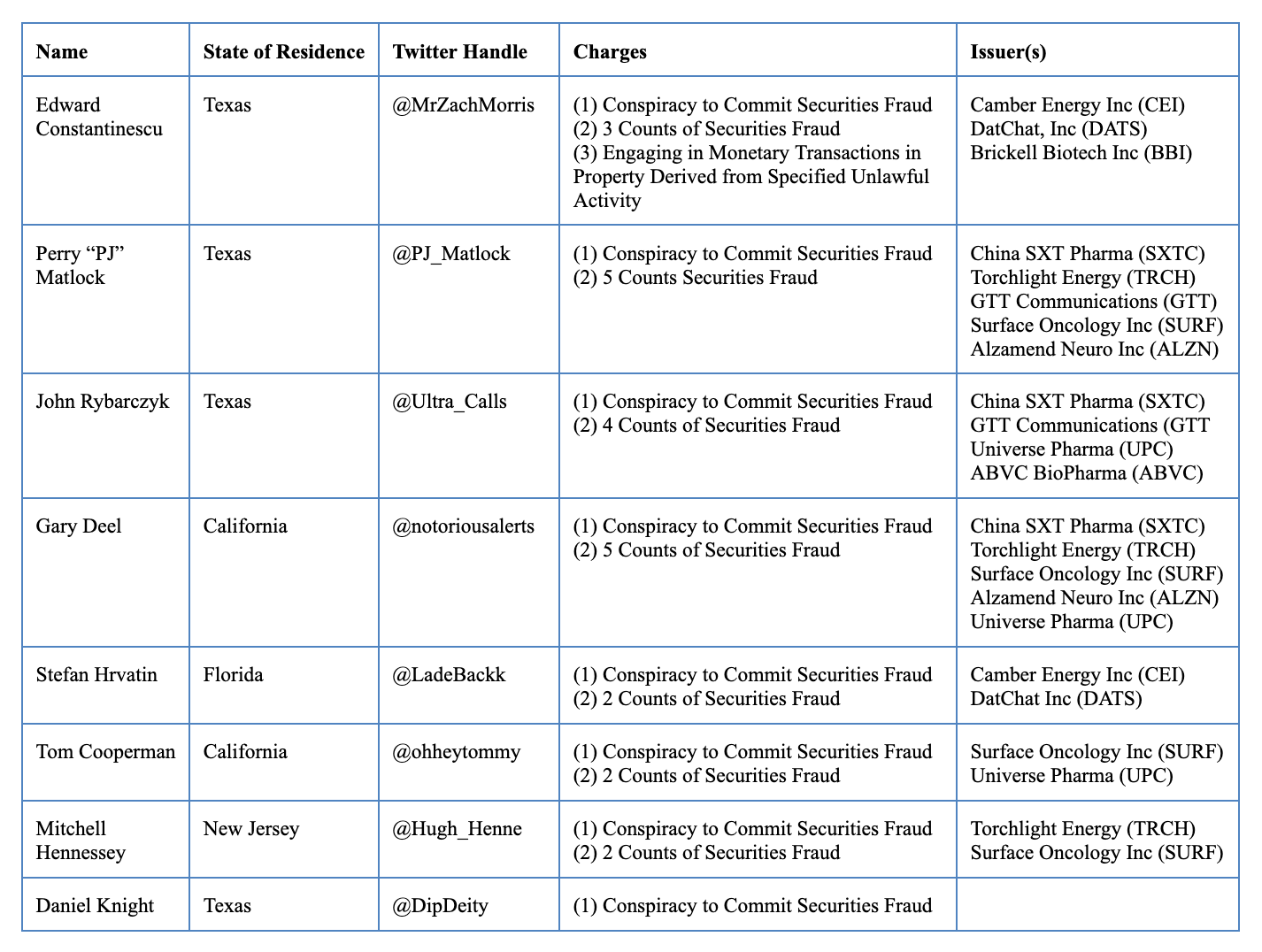
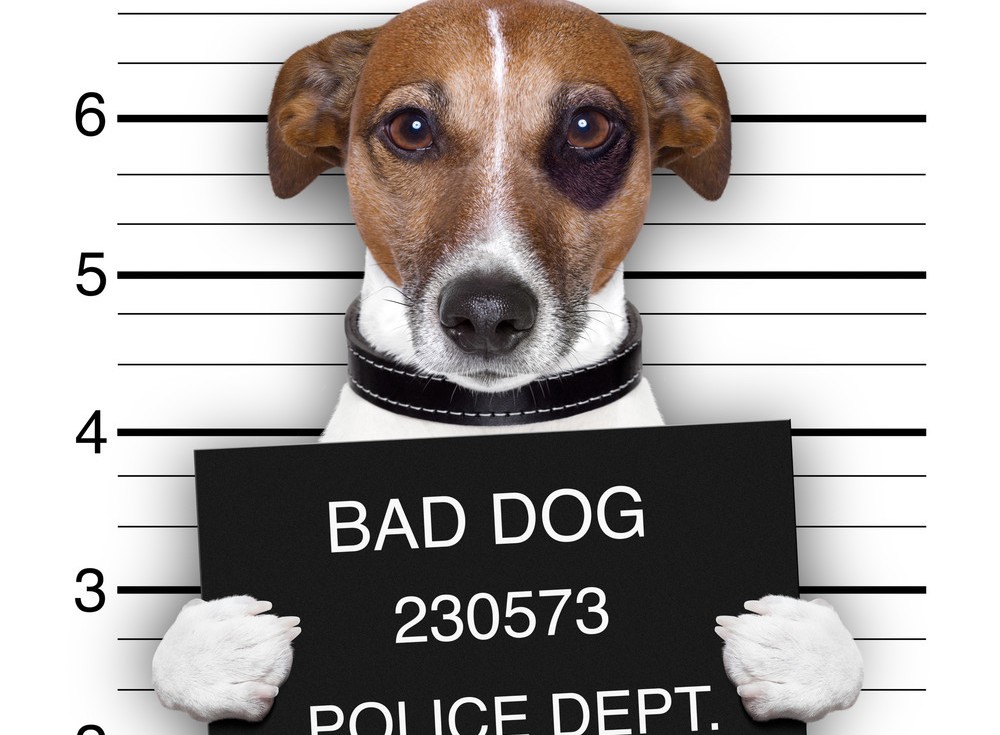





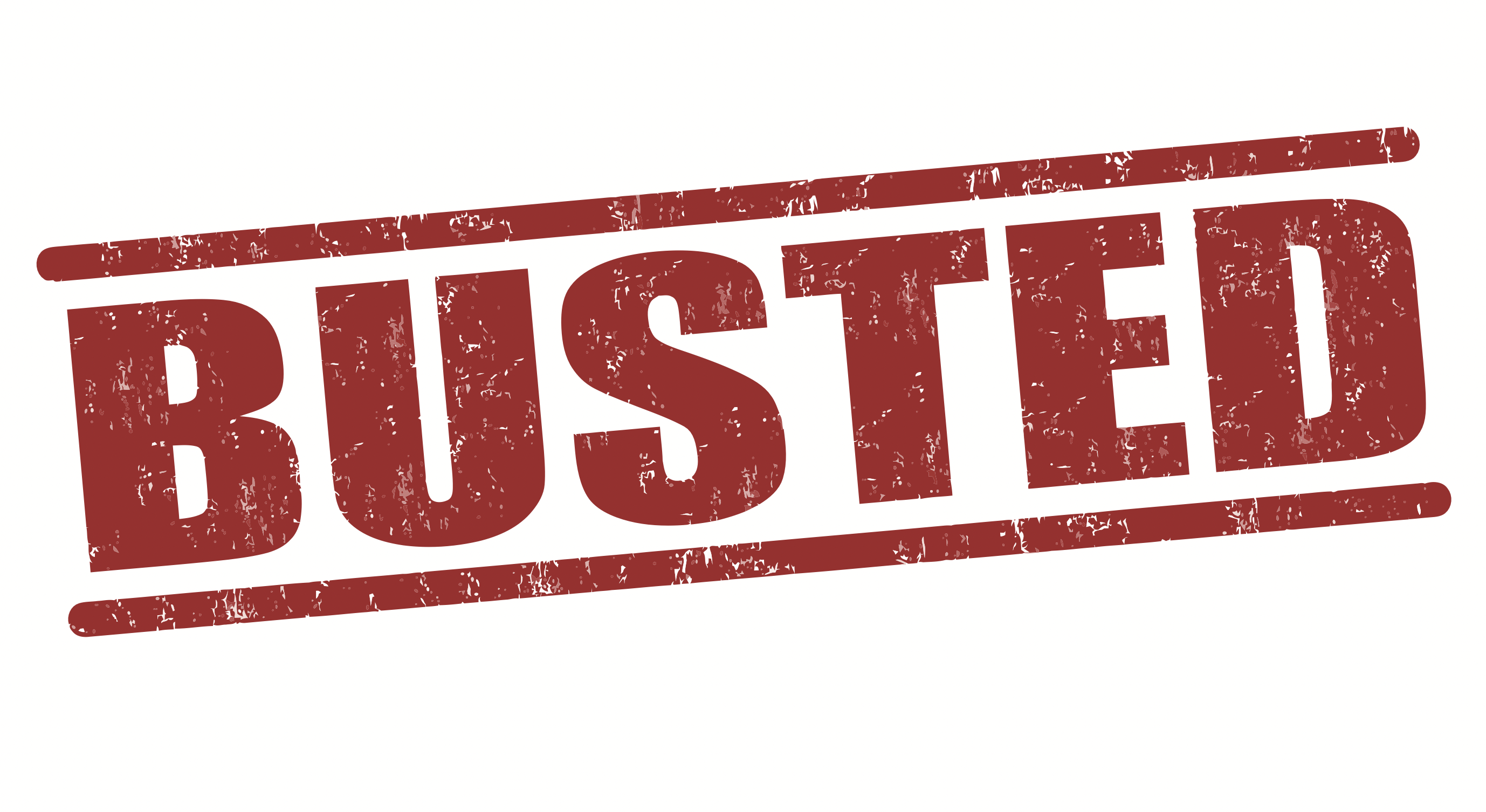
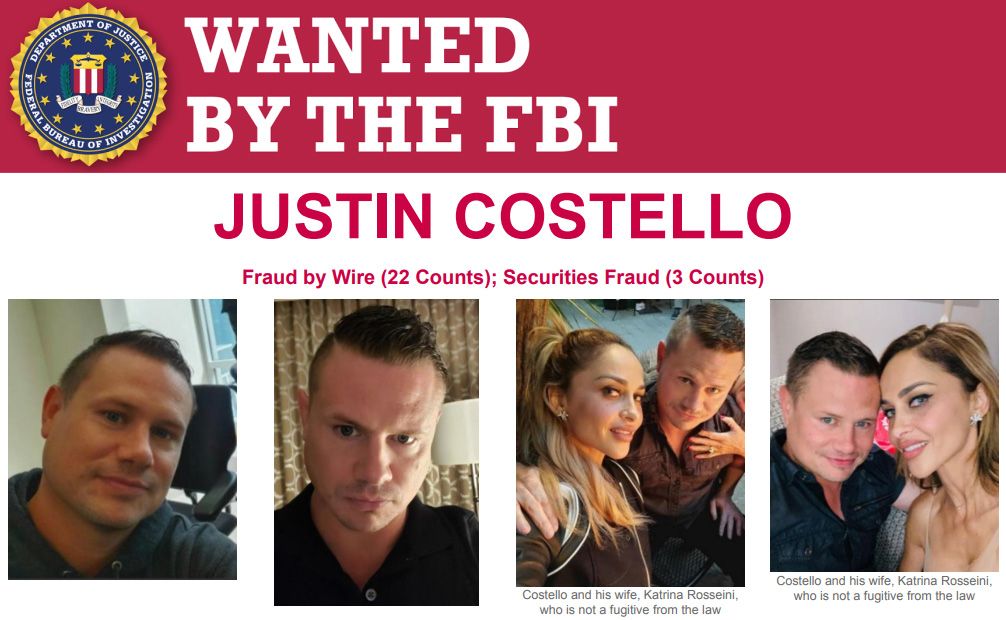







SEC Registration Statements And Direct Public Offerings Q & A
SEC Registration Statements And Direct Public Offerings Q & A
Filing a Form S-1 registration statement is the most efficient and reliable method for a private company to obtain public company status. Using a Form S-1 registration statement, companies provide transparency to investors and avoid the risks of reverse merger transactions. Any issuer can use Form S-1. This blog post addresses some of the most common questions we are asked about Form S-1 and SEC registration statements during the going public process.
Read More